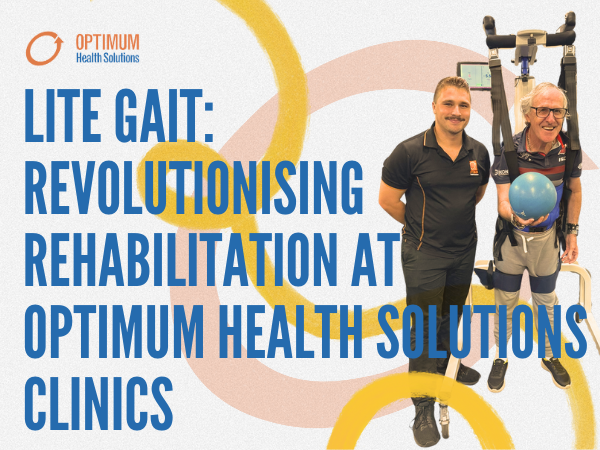As exercise physiologists we not only work with people to improve their structured physical activity but also incidental physical activity i.e. activity that is built up in small amounts during the day, without a specific end goal. Both types of physical activity are important – structured exercise has a specific goal e.g. improving flexibility, joint mobility, and strength or achieving certain heart rate target zones to improve fitness and aid calorie expenditure.
Incidental activity helps reduce the risk of health conditions associated with sedentary behavior, for example cardiovascular disease, type 2 diabetes, hypertension and high cholesterol. There may be some comfort thought by some people who do exercise for 30 minutes or more daily but are sedentary throughout the rest of day, and think their morning exercise will ‘counteract’ the amount of sitting they do. This does not ‘balance’ out the amount of time you spend inactive, so it is important to keep active throughout the day, especially if you have a sedentary job.
Here are some tips to help you increase your incidental activity during the day:
- Using a fitness tracker – most phones these days have one which will track the amount of steps you do per day (the recommended goal is 10 000 or more per day)
- There are plenty of trackers you can purchase though
- Getting up every 30 minutes from your desk – either to go to the bathroom, fill up your water bottle, or even collect printing
- Stand up when making phone calls
- Conduct standing or walking meetings
- Getting off the bus a few stops earlier
- Taking public transport instead of driving
- Organizing to walk/run/cycle to work with friends/colleagues
- Taking the stairs instead of lift/escalator
Tips for if you’re at home:
- Do the housework yourself instead of hiring help
- Challenging yourself to do the washing, vacuuming, mopping a bit quicker to work up a sweat
- Taking loads of washing up/down the stairs as much as possible rather than doing it in one large go
- Organize to go for a walk with friends/neighbours
If you think of people who have remained healthy and mobile in their older age, but whom have never set foot in a gym or done resistance training before, I guarantee you that their secret is that they kept moving in some form. This might be as simple as some of the above mentioned tips such as a daily 30 minute walk, using the stairs at every opportunity and continuing to do gardening/housework. If you are stuck for ideas on how to increase your incidental activity, talk to your exercise physiologist.








